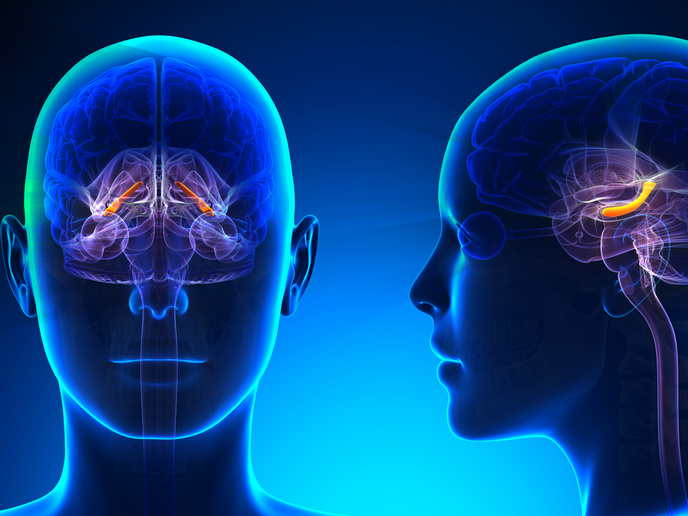Improving communication skills
Mechanisms associated with auditory learning are as yet not very well understood, rendering the improvement of these skills a complex challenge. One important question that needs to be answered is whether or not the learning of simple auditory skills can be applied to more complex ones. The project 'The effects of auditory training on human communication skills: Behavior and physiology' (AUDITORY LEARNING) was established to compare outcomes of various auditory training regimens on learning in real-life (i.e. untrained) conditions. The study is relevant to two major populations: individuals with age-related hearing loss and adults learning a new language. Research revealed that across regimens there is greater learning in trained conditions. While basic auditory training resulted in the least amount of generalisation to non-trained materials, 'ecological' (real-life tasks and materials) and speech training showed similar patterns of generalisation. As such, the project team concluded that the latter two types of training are likely more beneficial in education and rehabilitation settings. The findings supporting this have been published in two separate articles in the journals Cerebral Cortex and PLOS ONE. A review published in Vision Research discusses the reasons for limited amounts of generalisation following basic auditory training. Additional peer-reviewed publications outline other factors associated with learning and generalisation. AUDITORY LEARNING outcomes indicate the potential of computerised training for improving speech perception under certain conditions. While additional studies should be conducted in this line of inquiry, the project has advanced knowledge on ways to improve general learning and rehabilitation approaches.







